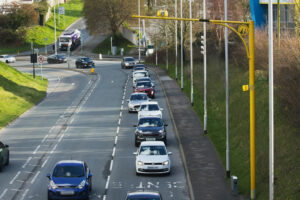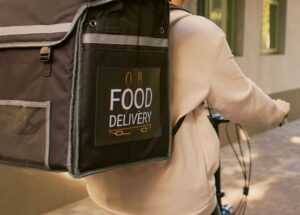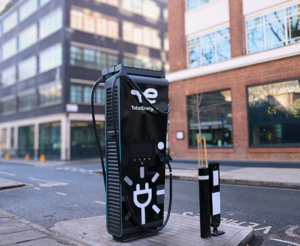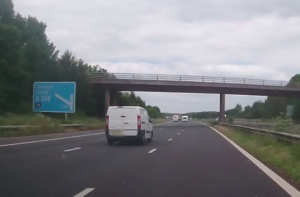Kier Highways will implement a number of measures over the next few years to help Kier Group meet its target of reaching net zero across it operations and value chain by 2045.
The series of measures, which are included in the group’s carbon reduction plan launched this week. These include two low carbon plant trials in Surrey with GAP Hire which that saw a 1.1tCO2e reduction over three weeks, a trial of hydro-treated vegetable oil fuel in Suffolk Highways-providing a saving of 17tCO2e and feasibility studies carried out at several highways contracts to assess current capacity for electric vehicle charging at depots.
The division has also now implemented 16 electric vehicles for daily use across its highway contracts, employed a waste and materials manager, conducted a trial of foam mix asphalt on the A46 scheme in Area 9 and also has introduced a ‘no-idling’ policy at its depots, as reported by Highways News.
Kier’s Carbon Reduction Plan is fully aligned to its Building for a Sustainable World framework and it outlines its commitment to achieving net zero carbon emissions by 2045.
Additionally, its plan outlines its interim targets which it says it will will achieve as part of our pathway to net zero, as well as outlining that for scopes 1 & 2 this will be achieved without offsetting.
Kier will also shortly be publishing its offsetting standard, which means any offsetting we need to do contractually, or as part of Scope 3, will be done within UK borders, using credible and transparent schemes.
























